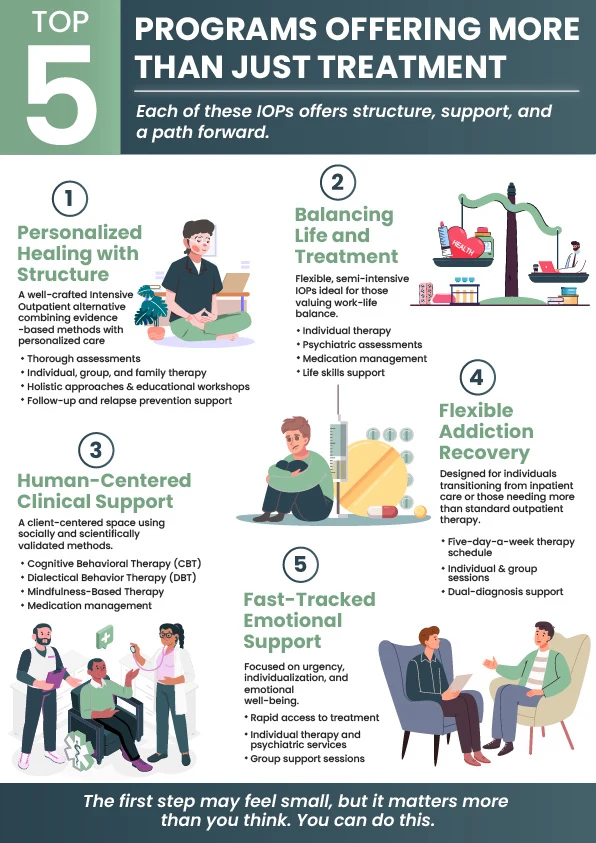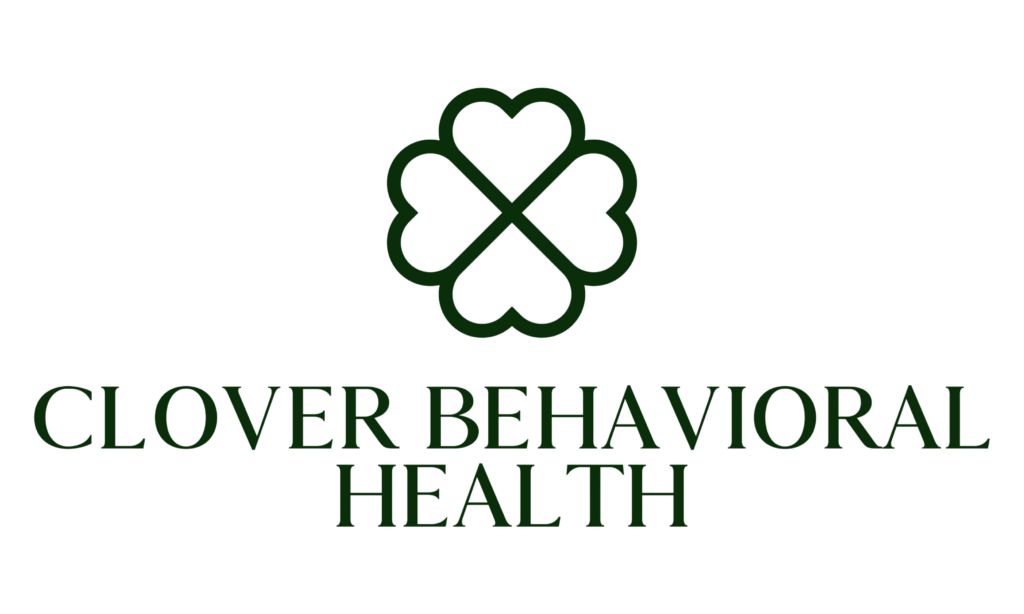Taking the First Step Toward Help
Sometimes it’s just a small moment of honesty that starts to change the direction of your life. Sometimes it’s as simple as telling a friend, “I’m not doing so well,” or clicking on a number and hearing a kind voice on the other end. That tiny move is what shifts you from carrying everything alone to letting someone else help carry the weight.
You realize you don’t have to do this journey by yourself. And that realization alone can be the start of healing. It doesn’t mean everything will be easy or solved overnight, but it does mean you’re no longer alone, you’ve given yourself a chance, and recovery becomes possible.
In this article, we’ll talk about why taking the first step is so powerful, what holds people back, practical ideas to make it easier, and how to lean on strength once you do. My hope is that if you or someone you care about is on the fence, these words may tilt the balance toward hope.
Why That First Step Matters
One of the cruelest parts of struggle is the feeling that “I’m alone in this”. You think: nobody understands me, nobody would want to hear this, it’s too heavy to carry. Yet isolation intensifies pain. When you reach out, even just once, you shift from isolation toward connection.
A single phone call – to a friend, counselor, or helpline – brings you into a space where someone is listening. That act alone can bring relief. You might discover you are understood, validated, and not judged. You give yourself permission to be human with your pain.
It Opens Access to Resources
We live in a world where help exists – in forms that include therapy, support groups, clinics, helplines, peer support, and more. But those resources don’t magically reach you until you take action. Without making a first call, you remain outside the door.
Data show that many mental health conditions can be effectively treated. The World Health Organization reports that “many mental health conditions can be effectively treated at relatively low cost.
In fact, global estimates suggest a huge “treatment gap”: 76–85 % of people in low- and middle-income countries, and 35–50 % in higher income countries, who need mental health care do not receive it.
That’s why communities like Recovery Support Chelmsford, MA, are so important. They remind people that you don’t have to wait until everything feels unbearable before asking for help. You can take that first step sooner and access the care and recovery support resources around you.
It Fosters Hope and Momentum
Taking a first step, even one small move, is an act of hope. It says: “I’m not giving up completely”. That hope can build, little by little, into momentum. Once you make the first call, you become more likely to follow through. You may feel empowered; you may surprise yourself at your own courage.
In studies of people with psychosis, 82 % agreed with the statement, “Recovery is knowing that you can help yourself”. That belief in self-agency often begins with that first decision to reach out.
What Keeps People From Making That First Move
To understand how powerful that first step can be, we must also understand why it is often so hard.
Stigma and Fear of Judgment
One of the main barriers is the stigma and fear of being seen as “weak,” “crazy,” or “broken”. Many worry about what family, friends, or colleagues might think. A study notes that between 30 and 80 percent of people with mental health issues do not seek treatment.
Even when someone acknowledges distress, internal shame can whisper: “I should be able to handle this myself,” or “Nobody else wants to hear this”. That voice can paralyze.
Belief You Don’t Deserve Help or That Nothing Can Change
Some people feel so dragged down by their pain that they believe help is hopeless, or that “I don’t deserve help”. Others fear that their problems are too small, not serious enough, or “not worthy of taking someone’s time.” That mindset can keep a person trapped in inaction, even when logic says things could improve.
Lack of Knowledge or Doubt About What To Do
Sometimes people simply don’t know where to begin: “Which specialist do I call?” “How do I find a therapist near me?” “What will they think?” The logistics feel overwhelming. That blankness in front of the starting line can freeze you.
Access Barriers
Even if someone is willing, external barriers can obstruct: financial cost, lack of mental health professionals near you, cultural or language barriers, scheduling conflicts, or transportation issues. In many regions, mental health resources are scarce or costly.
For instance, in the U.K., only about 12.1 % of adults receive mental health treatment, and many more people with common mental health problems go untreated.
In the U.S., only about one in five adults got mental health treatment in 2020. That means most people who were struggling never reached out for recovery support.
Gender, Identity, or Cultural Pressures
For men, asking for help can feel especially difficult because of the pressure to “be strong” or “handle it yourself.” By 2021, only 40% of men with a reported mental health condition received care, compared with 52% of women.
Cultural or religious expectations can also make it harder for someone to admit they’re having a tough time. And for people in minority groups or historically marginalized backgrounds, the added weight of stigma or even distrust in healthcare systems can make speaking up feel even more intimidating.
How to Make That First Move: 3 Practical Steps
Knowing how hard it can be, here are ways to make that first step more attainable:
Start With Someone You Trust
You don’t need to begin with a professional. If calling a therapist feels too big, try talking with one trusted friend, family member, or mentor. You could say, “I’ve been struggling lately. Could we talk?”. That alone shifts the burden, and the conversation opens possibilities.
Use A Helpline or Crisis Line
Helplines exist precisely so you don’t have to face everything alone. Many are free, confidential, and available around the clock. Making that first call to a helpline can ease the weight you’re carrying. It helps you feel a little safer, a little less alone, and often connects you to practical next steps.
If you feel ready to go further, support from places like Clover Behavioral Health can make a real difference.
Whether you need counseling, recovery support, or simply someone who will listen without judgment, reaching out to a caring provider can be the bridge between where you are today and the hope you’re looking for tomorrow.
This is exactly the kind of connection that Recovery Support Chelmsford, MA, works to provide every day.

Do a Little Quiet Research
You don’t have to decide everything at once.
Start small, look up the names of local clinics, mental health centers, or even online therapy options.
Having a few possibilities written down can make that next step feel a lot less overwhelming. Look for low-cost or sliding-scale options. Knowing possible names or phone numbers makes the next step easier.
Final Thoughts
Taking the first step can feel scary, but it’s often the most powerful choice you’ll ever make. You don’t have to carry the weight of your own support, care, and understanding are closer than you think. One call, one conversation, or one appointment can open the door to healing, hope, and a brighter tomorrow.
If you’re in the area, know that Recovery Support is available to walk beside you, reminding you that recovery is never out of reach.














